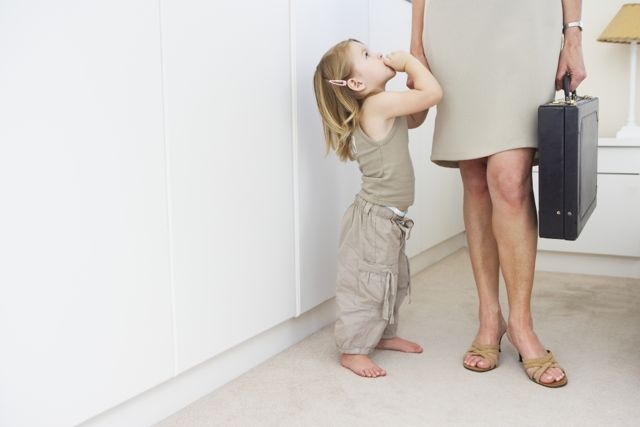
I recently heard Jane Caro on the ABC’s The Drum talking about ‘empowerment.’ She understood the concept to have become a stressor and an expectation – that to empower women (in particular) to have both a family and a career is to put undue pressure on girls to live up to high standards of a perfect family, a fabulous home, a great figure, volunteering in the community, and managing a successful career. In essence, she believes that through this concept of ‘empowering’ women to ‘have it all’ we are putting them in the position of feeling like they have to ‘earn the right’ to this and as a result, all being ‘empowered’ means is to feel totally exhausted as they struggle to juggle all the balls of life at once.
The response to this interview was widespread affirmation that women all over the country are experiencing this level of exhaustion as they balance the needs of home, work and (usually last on the priority list) their own health and wellbeing.
However, is this really the story of a person who is empowered?
To be empowered is to give someone the authority or power to do something on the one hand, but on the other, it means to make someone stronger and more confident, especially in controlling their life and claiming their rights. It appears that somewhere between these two arms of the definition of empowerment, we have lost our way. Just because we can do something, doesn’t mean we necessarily should. We are in a society where women can ‘have it all.’. However, there is a difference between empowering someone to have the choice to build a career and have a family, and expecting them to.
Just because we can do something, doesn’t mean we necessarily should.
Many of the clients that I see are women returning to work after they have started a family. It’s not ‘empowerment’ that drives them back to work. Usually, it is the need to put food on the table. In ‘Mum-land’ there is a lot of pressure to be the perfect parent: women appear to be excellent at shaming each other and it is a widely held fact that you literally cannot get it right whether you breast or bottle feed, use cloth or disposable nappies, dress your girl in pink or blue, co-sleep or let baby cry it out – everyone has an opinion and everyone believes their opinion is ‘truth.’ Whether a mother returns to work (and when she chooses to do so) does not escape this social scrutiny and the development of social media for 21st century mums only magnifies this scrutiny.
As individual as the choice to use cloth or disposable nappies is, so is the choice to return to work. This decision is metered by many factors including balancing the cost of daycare with the salary they will earn, investigating the value of returning to the world of adulthood and leaving the Wiggles behind for a few hours, and understanding the importance of continuing to build a career that means something to them. Socially speaking, people are going to judge you no matter what you choose: if you choose to stay home, you could be considered less valuable to society (even the government is known to support women returning to work – a working mum is a tax paying mum!) despite the fact that you are raising the next generation of Australians (a full time job in itself!). If you choose to go back to work, then you aren’t fulfilling the ideal model of motherhood because you are choosing to put the children in daycare and ‘not raise them yourself.’ This social judgment creates quite the conundrum that often pits mums against each other when we really need to be standing together and supporting each other.
At the end of the day, returning to work or staying home is a choice that you need to make based on what’s important to you and what your family needs. Trying to manage a perfect life is to succumb to social expectations and pressures. However, to feel confident in your decision, knowing that it is the right one for you and your family is to be empowered. What Jane Caro was describing was mummy guilt and overwhelm – to really be empowered, we need to be free to make our decisions outside of social pressures and away from Facebook.
Zoë is the careers writer, counsellor and coach behind Impressability and is in her 10th year of running the boutique career development consultancy. She also writes a weekly op-ed column for the local Fairfax newspaper, Border Mail, and sheis the Editor of the Australian Career Practitioner magazine, which is published by the Career Development Association of Australia.